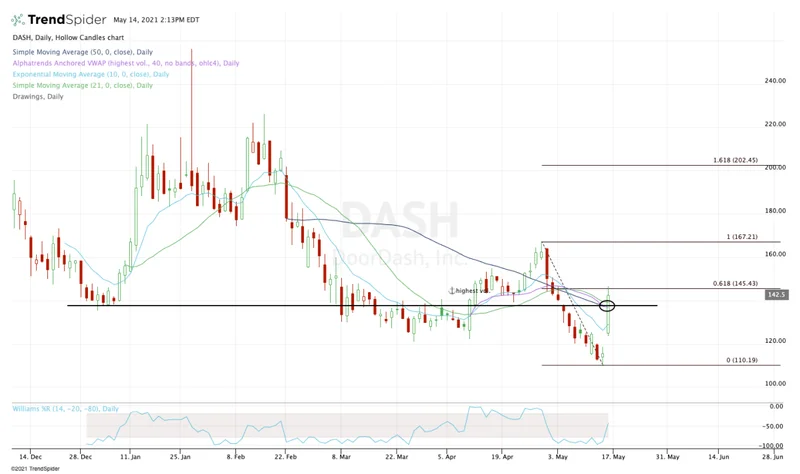Okay, let's dive into DoorDash's Q3 2025 results. At first glance, the numbers are undeniably up. Total Orders jumped 21% year-over-year, Marketplace GOV (that’s Gross Order Volume, for those unfamiliar) increased 25% to a cool $25 billion, and revenue climbed 27% to $3.4 billion. Even net income saw a significant bump, up 51% to $244 million. Adjusted EBITDA? Up 41% to $754 million. It’s a growth story, no doubt.
But here's where the data analyst in me starts to twitch. Net Revenue Margin, while up, only ticked up from 13.5% to 13.8%. That’s not exactly explosive, is it? It suggests they're working harder for marginally more revenue. And while GAAP gross profit increased 32% Y/Y, the sequential growth from Q2 was only 5%. Is the low-hanging fruit gone?
Then there's the expense side. Sales and marketing are up 19% year-over-year, but down 5% quarter-over-quarter. Research and development is up 23% Y/Y and 1% Q/Q. General and administrative expenses are up 27% Y/Y and 3% Q/Q. What does this tell us? DoorDash is still spending aggressively to grow, especially on the administrative side. Are they building out infrastructure for further expansion, or is this bloat?
The Deliveroo acquisition is a major piece of this puzzle. They closed the deal on October 2nd, so Q3 doesn’t reflect its full impact. The headline number is an equity value of £2.8 billion (including £690 million in cash and short-term investments). Including Deliveroo, DoorDash now serves over 50 million MAUs and partners with more than 1 million merchants across more than 40 countries. The company expects Deliveroo to contribute approximately $45 million to DoorDash's Adjusted EBITDA in Q4 2025 and approximately $200 million in 2026. But here's the kicker: aligning accounting treatment will reduce Deliveroo's contribution to DoorDash's reported Adjusted EBITDA in 2026 by approximately $32-40 million. So, the actual impact is less impressive than it initially seems.

I've looked at hundreds of these filings, and this particular accounting adjustment footnote is unusual. It's almost like they're preemptively managing expectations. This makes me wonder: how much of the growth is organic, and how much is simply acquired revenue being massaged to look better on the balance sheet?
DoorDash is also making moves in autonomous delivery, partnering with Waymo in Metro Phoenix and offering promotions in other cities. And Domino’s Pizza of Canada is now available on DoorDash in nearly 300 cities. These are interesting initiatives, but their financial impact remains to be seen. The company expects to invest several hundred million dollars more in new initiatives and platform development in 2026 than in 2025. That’s a significant commitment, but will it pay off?
DoorDash expects to generate well over $100 billion in combined sales for merchants and earnings for Dashers in 2026. They're guiding for Marketplace GOV of $28.9 billion - $29.5 billion and Adjusted EBITDA of $710 million - $810 million for Q4 2025. But shares slid after the report, allegedly due to concerns about heavy spending on tech upgrades. DoorDash shares slide over heavy spending on tech upgrades - Financial Times
The board authorized a $5 billion stock repurchase program back in February, but as of November 4th, no shares have been repurchased. Are they waiting for a better price, or is the cash better used elsewhere? The lack of buybacks suggests they see more value in internal investment than in propping up the stock price.
DoorDash's Q3 numbers tell a story of impressive growth, but also of increasing complexity and spending. The Deliveroo acquisition adds scale, but also introduces accounting wrinkles. The investments in new initiatives are promising, but also represent a significant risk. The core question is whether DoorDash can maintain its growth trajectory while also improving its profitability. Or, to put it another way, are they building a sustainable business, or simply burning cash to acquire market share? The market seems to be leaning towards the latter.